Controversies in ELT: Authenticity
By Jono Ryan
I have a hunch that controversies are a good barometer of the energy and dynamism within a field. A lack of controversy suggests one that has lost its vigour and is starting to wilt. It may be moribund and about to be brushed aside, set to join miasma theory (‘bad air’) and the four humors. Too much controversy suggests a problem, probably leading to schism, collapse or revolt. But between the two extremes, controversies are evidence of a healthy pep and snap, a willingness to bounce around ideas and reimagine them. And yes, rest assured that English language teaching has plenty of its own, with new ones flaring up with obliging regularity (Translanguaging? Chatbots?).
But what should we make of a controversy that’s been smoldering since 1976? And I don’t mean an unsolved equation (like the 280-year old Goldbach conjecture) but a basic principle that professionals frequently appeal to. For ELT, that principle of course is authenticity, and controversies swirl around what it might mean, where it applies and how we should approach it.
Here I imagine some readers thinking “Hang on, we sorted this out 25 years ago, didn't we?” But no. And the books keep coming. There’s Sheila Thorn’s recent (2021) ‘Integrating authentic listening into the language classroom’, Richard Pinner’s (2019) ‘Authenticity and teacher-student motivational synergy’, Leo Will’s (2018) ‘Authenticity in English language teaching’ and van Compernolle and McGregor’s (2016) ‘Authenticity, language and interaction in second language contexts’. And that’s just to name books sitting on my shelf right now, never mind the ones I don’t own nor the scores of related articles and chapters.
Leo Will’s book is by far the most wide-ranging and comprehensive on the topic, and though I’ve only read as far as Chapter 3, it is so meticulous and comprehensive in its approach that I’ve caught myself immediately paraphrasing his conclusions with utter conviction. I’m confident, for example, in declaring that Widdowson’s (1976/79) concept of ‘genuineness’ “has failed to catch on in the EFL discourse” (Will, p. 24) and that the idea of native-speaker production underlies many conceptions of authenticity, despite “hardly ever” being made explicit (p. 26).
Will adopts a discourse analytic approach to examining how the concept of authenticity has been debated in the ELT literature from the mid-70s (starting with Widdowson, 1976/79) through to 2014. If that sounds a bit niche and a bit tedious, I think you’d be surprised; it’s fascinating, I’m hooked, and it’s one of those rare academic books that I’m likely to read cover to cover. Among things I’ve learned so far is that the vagueness of the concept has generated a surprising range of definitions and applications. Most commonly, it is used in relation to the texts used in language teaching materials (but also to tasks, situations, behaviours, assessments etc.), and questions swirl around how to judge authenticity. For texts, is it a matter of providence, a quality of the discourse or something else? When and where are authentic texts appropriate in ELT? What’s the case for using highly modified texts and slowly building up to ‘real’ ones? I will be following up some of these ideas in my next blog post, which is on working with authentic listening materials.
But back to the question, what does it mean for us as a field that after nearly 50 years we are still wrangling over the meaning of such a central concept? Is it that the term itself is overly laden with connotation and too susceptible to reinterpretation? Or (counterintuitively) is that somehow a strength? Let me know what you think.
And finally, are there other controversies in ELT that you find most interesting, weird or important? Again, send us your thoughts.
References
Pinner, R. (2019). Authenticity and teacher-student motivational synergy: A narrative of language teaching. Routledge.
Thorn, S. (2021). Integrating authentic listening into the language classroom: Practical guidance on how to teach real-life listening. Pavilion.
van Compernolle, R. A., & McGregor, J. (Eds.). (2016). Authenticity, language and interaction in second language contexts. Multilingual Matters.
Widdowson, H. G. (1979). Explorations in applied linguistics. Oxford University Press.
Will, L. (2018). Authenticity in English language teaching: An analysis of academic discourse. Waxmann.
